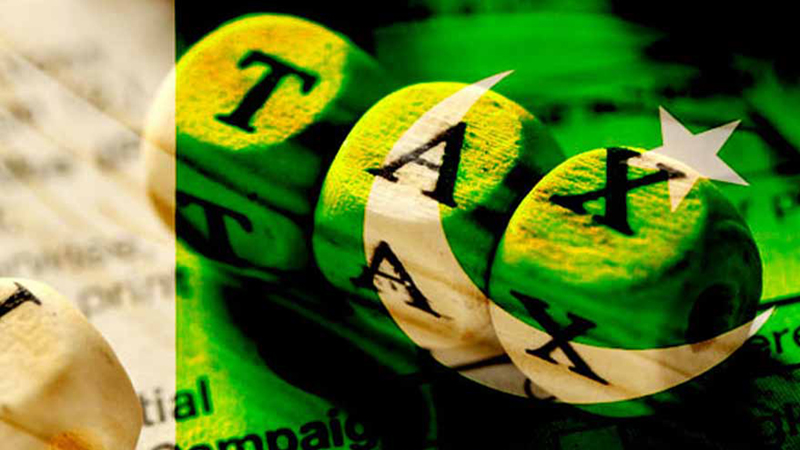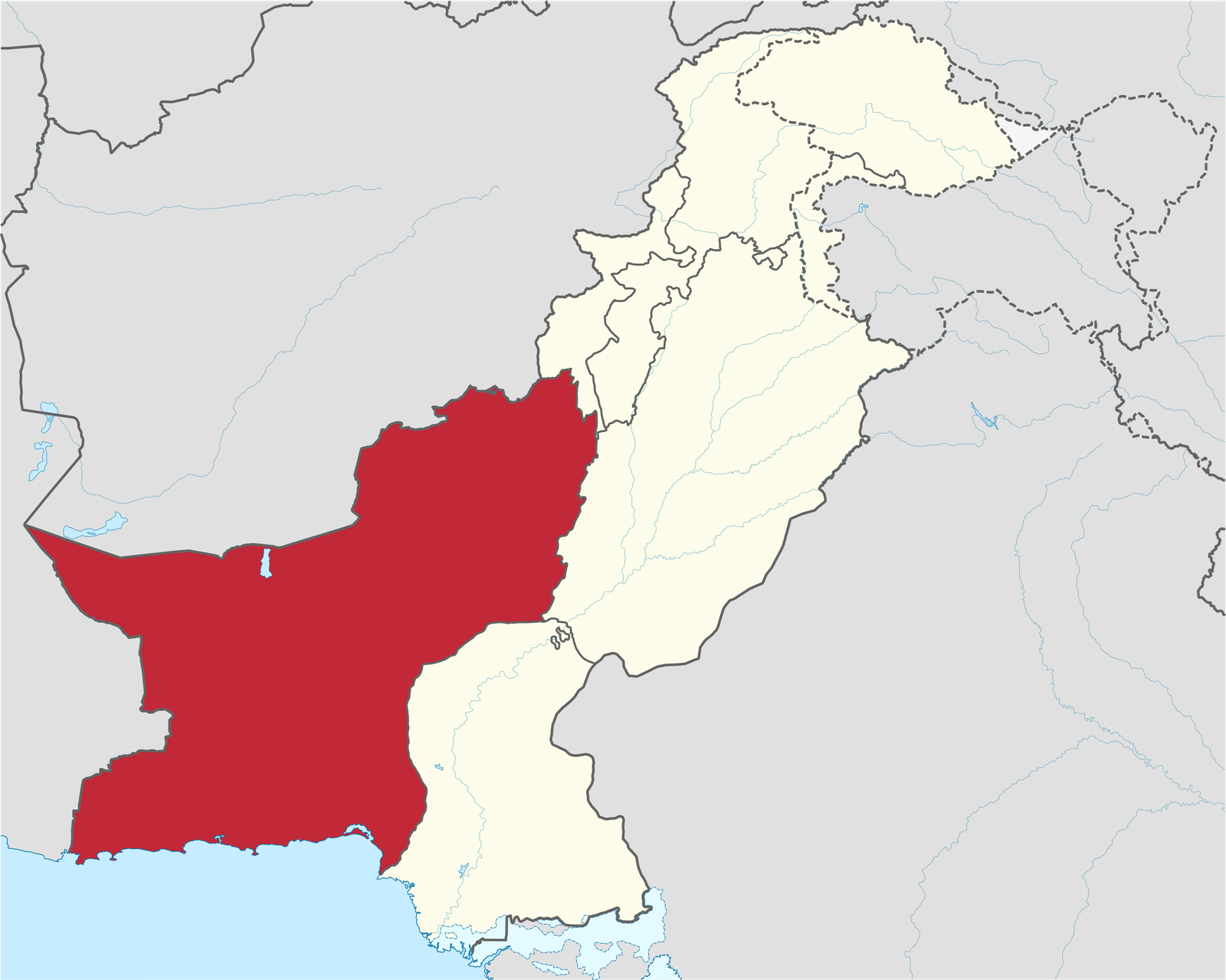Zafar Iqbal
A recent statistic from Pakistan’s tax collection data exposes a troubling reality. Of the 5.5 million tax returns filed this year, nearly 1.7 million individuals — almost one in three — declared zero taxable income. This flood of ‘nil returns’ is being flagged as a challenge by the Federal Board of Revenue (FBR), but the deeper issue lies in what it reveals about the structure and philosophy of Pakistan’s tax system itself.
Rather than being designed to generate meaningful revenue, the system prioritises procedural participation — filing for the sake of compliance — over genuine contribution. Successive governments have made inclusion in the FBR’s Active Taxpayers’ List (ATL) a prerequisite for participating in formal economic activities. Non-filers face punitive withholding taxes on banking transactions, property purchases, and even vehicle registrations. In response, individuals who owe no tax — retirees, homemakers, students, and overseas Pakistanis — are compelled to file ‘nil returns’ simply to avoid these penalties or to retain access to financial services.
Follow Republic Policy on YouTube
This system, in essence, equates filing with compliance, even when no taxable income exists. The outcome is a bloated registry that captures activity but not accountability. Instead of broadening the genuine tax base, the FBR has effectively turned filing into a bureaucratic ritual — a superficial measure of success that does little to raise actual revenue or strengthen fiscal discipline.
The FBR’s reported intention to audit these ‘nil filers’ only compounds the problem. Auditing individuals with no declared income risks wasting administrative resources on low-yield cases. The priority should not be to police the poorest, but to pursue the powerful — the industrialists, traders, and property developers who continue to underreport profits or operate entirely outside the net. Pakistan’s fiscal crisis cannot be solved by penalising those already transparent; it requires confronting those systematically protected by loopholes and political patronage.
Follow Republic Policy on Facebook
Consider the revenue imbalance. In the first quarter of the current fiscal year, the salaried class — just 600,000 fully documented individuals — contributed Rs130 billion in income tax. In contrast, exporters paid Rs45 billion, wholesalers Rs14.6 billion, and retailers only Rs11.5 billion. The real estate sector, long shielded from proper taxation, added a mere Rs60 billion. Despite employing millions and generating substantial profits, these sectors contribute a fraction of what is extracted from salaried employees, whose taxes are deducted at source.
Follow Republic Policy on TikTok
This disparity reflects not just weak enforcement but deliberate political compromise. Pakistan’s tax structure has evolved into one that rewards opacity and punishes transparency. Those with the means to evade do so with impunity, while the law-abiding bear an ever-heavier burden. The salaried class, already squeezed by inflation and stagnant wages, effectively subsidises the state’s inefficiency. Meanwhile, tax evaders — protected by bureaucratic inertia and political patronage — thrive unchecked.
Follow Republic Policy on Instagram
To restore balance, Pakistan must reform the fundamentals of its taxation philosophy. Instead of coercing compliance through penalties and paperwork, the FBR must focus on credible enforcement, data-driven detection, and rational simplification. The introduction of digital monitoring tools, better inter-agency coordination, and transparent reporting systems can curb evasion far more effectively than indiscriminate auditing. Moreover, broadening the tax base requires political courage — confronting powerful sectors that have long enjoyed exemptions and weak documentation.
Follow Republic Policy on WhatsApp
Pakistan’s policymakers must also revisit how tax fairness is defined. Equity demands that those with higher earning capacity contribute proportionately more. Yet, the state continues to overtax consumption and the middle-income earners while giving relief to the influential. Without structural correction, the system will continue to bleed integrity and public trust. Taxation, in its true sense, is not just about revenue — it is about justice.
Ultimately, the flood of ‘nil returns’ is a symptom of a deeper malaise: a fiscal regime built for compliance theatre rather than economic reform. Unless Pakistan shifts focus from symbolic filing to substantive fairness, its tax machinery will remain hollow — efficient in paperwork but bankrupt in purpose. The future of sustainable governance depends on a system that rewards honesty, not evasion; that empowers citizens, not burdens them; and that treats taxation as a collective responsibility, not a selective punishment.
















